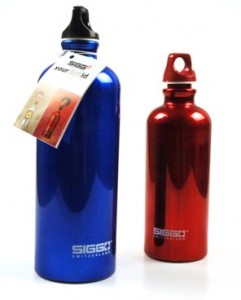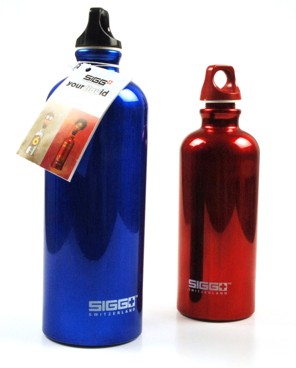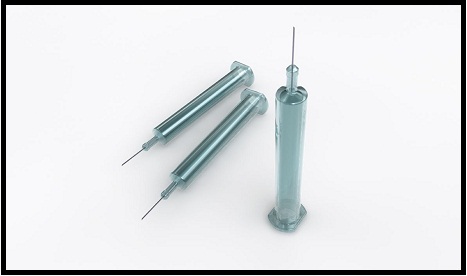
A Massachusetts congressman asked the federal government on Friday to ban the chemical bisphenol A from use in food and beverage containers, and took a page from the food industry’s playbook to argue his case.
Rep. Edward J. Markey (D) asked for these restrictions in petitions to the Food and Drug Administration, which has been pressured by consumer groups for years to ban the chemical (known as BPA) from food packaging. A growing body of research suggests that exposure to this chemical could contribute to cancer, sexual dysfunction, behavioral problems in children and heart disease.
But Markey did not premise his request on the chemical’s potential dangers. Instead, he used a provision that allows people to petition for changes to food additive rules if it can be shown that an additive’s old use has been abandoned. Markey’s office polled the food industry and found that major manufacturers no longer use BPA in their food packaging. Using this “abandonment” clause enables the government to sidestep the debate over whether BPA is safe and still bar the chemical’s use.
The government has long maintained that BPA is safe in low doses. But officials started studying the issue more closely two years ago, citing new research about the subtle effects of low doses of BPA in laboratory animals. Since then, the government has not said much about the chemical.
“Consumer pressure coupled with industry practice have closed the door on the use of BPA in these products, and these petitions to FDA will lock the door so that it remains forever shut,” Markey said in a statement. He said such regulations also would keep new companies that enter the market from using the chemical.
In three separate petitions, Markey is asking FDA to ban the chemical’s use in the packages of three types of household products: infant formula and baby/toddler food, canned foods and beverages, and small reusable food containers.
The four companies that make nearly all the nation’s formula said they no longer use BPA, according to the petition. Seven other companies that make canned foods said they either no longer use BPA or they are phasing it out. Seven firms that make reusable containers, such as Tupperware and Glad, said they have either never used BPA or have stopped using it.
The petitions are fashioned after a similar request filed last year by the American Chemistry Council, which represents the chemical industry. The council says that even though several regulatory agencies around the globe have determined that BPA is safe, consumer preferences forced product manufacturers to abandon the chemical’s use in baby bottles and sippy cups. Yet, consumer confusion persisted, so the group petitioned the FDA for a formal ban, hoping that would bring clarity.
“FDA action on this request will provide certainty that BPA is not used to make the baby bottles and sippy cups on store shelves, either today or in the future,” Steven G. Hentges, one of the group’s senior directors, said in a recent statement.
In February, the FDA started gathering public comment on the council’s request, suggesting that the petition is under serious consideration.
Spokesmen from the council and the North American Metal Packaging Alliance said they have not seen Markey’s petitions and therefore cannot comment on them.
Meanwhile, the FDA must respond by March 31 to a separate petition filed by the Natural Resources Defense Council asking the agency to ban BPA in food and drink containers.
That petition was filed in 2008 but languished for years at the FDA. The NRDC sued the agency for its failure to respond within the time frame required by law. In December, the government agreed to respond to the petition by the end of this month.
The agreement, approved by U.S. District Judge Barbara S. Jones in New York, said the FDA must issue a final decision, not a “tentative response.”
Source : washingtonpost.com








